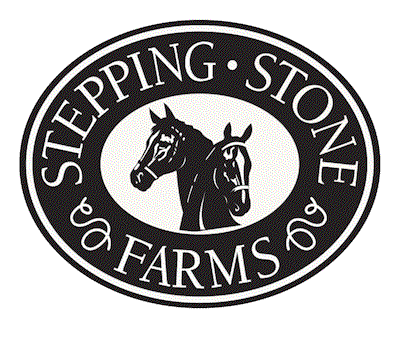It was May of 2014 when I first met the ponies at that godforsaken place, Whistler and another whose name I can’t remember, that died over the first winter I was trimming them, leaving Whistler alone. They weren’t given any hay, they were supposed to dig thru the snow to get to things they could eat. (I explained that the guy was thinking of Bison, who have feet designed to do that.) And eat snow for water. Looking back, I’m surprised Whistler survived at all.
The caretaker of the property was the one who called me in the first place. I never met the actual owner, which was probably for the best, as I’m sure I wouldn’t have been able to hold my tongue.
When the 2nd winter was rolling around, I started to mention to the guy that he needed to buy hay for Whistler, that he really wouldn’t need more than about 25 bales to get him to spring. “I don’t have a place to store it, and if I leave it here the owner will just feed it to the sheep.” (There were sheep on the property that the owner raised to eat.)
“Well, if he’d ever give the little guy up, I’d take him.” I told the caretaker. He said he’d see what he could do.
That is how I came to be in my truck, hauling my trailer, on the cold and blustery Friday after Thanksgiving in 2015 on my way to pick up The Whistler, as the caretaker called him. He was actually a wonderful man, doing the best he could in a bad situation. The weather was truly vile, and I had no idea if the poor old pony would even get in the trailer. When he brought Whistler up, he had no sooner handed me the lead when Whistler jumped in the trailer. It felt more like he didn’t care where he was going, he just wanted out of there! We had a flake of hay in the trailer, my friend closed it up and we hit the road back to the Farm.
He called out the moment we opened the trailer door and he saw the other horses. Because of the lousy weather we had made a pen for him in the indoor arena, complete with a bucket of water and hay, all for him. His previous location had not provided water, as the property was on a lake, he was supposed to go to the waters edge to drink.
In the following days we would find that no one had ever groomed him, and his coat came off in pieces resembling felt. The hairs so matted together that we couldn’t GET a brush thru them.
I don’t remember if the caretaker had told me an age, but our veterinarian put him in his late 30s, judging by his teeth, or lack thereof.
He was introduced to our pony/mini herd and settled in with friends as if he had lived here all his life. For about the first year he had the odd habit called ‘weaving’ by the horse world. He would often stand at the gate and rock back and forth. He quickly learned that people meant food! He was brought in twice a day to slurp up his mash, which got soupier as he aged, and turned into 3 meals a day in an effort to keep weight on him. All in all, he lived a happy life with equine friends, was never alone again, and had many, many human friends that looked forward to loving and taking care of him on a daily basis.
He developed a squamous cell carcinoma in his right eye, that eventually grew into his nasal passage, and probably further into his skull. We think he was in the 45 yr old range when he really slowed down, and started to react badly when anyone tried to pet or groom him.
Knowing he was old even for a pony, and obviously no longer enjoying life, he was humanely euthanized on October 18th of 2023, literally surrounded by people who loved him.
Footnote: There is a children’s book called Stuffer by Peter Parnall. A lovely story with beautiful line drawings. I have owned this book for all the years since I worked in the bookstores, and I’m relatively certain that it is out of print, but it’s worth asking at a library. It is a sometimes-sad story about a pony and a little girl. She loves the pony but grows up and the pony is sold and ends up in a bad way, mostly waiting to die. Don’t worry, there is a relatively happy ending.
There was a day I was standing and watching Whistler grazing with the other ponies, and I realized that he was really quite striking in his appearance. He had what’s called a bald face, which just means it was entirely white, with most of the rest of him being dark brown, with a white belly, 1 entirely white leg and the other 3 with socks or stockings (white is also sometimes called ‘chrome’ in the horse world). The thought came to me that he had likely, at some point in his life, been some little girl’s much loved, pride and joy pony. Some little girl’s ‘Stuffer’, who was so named because in the book, the pony was a Christmas gift, a stocking ‘stuffer’.
The thought was both happy and sad. Happy to think of him young and loved, perhaps cantering in a field with a little girl on his back. Sad that he had probably spent time being over used and under fed at who knew how many pony ride places, until he at least had the good luck to land at the Farm. I have the comfort of knowing he’s no longer in pain, hopefully running in green fields with Star and Penny.




